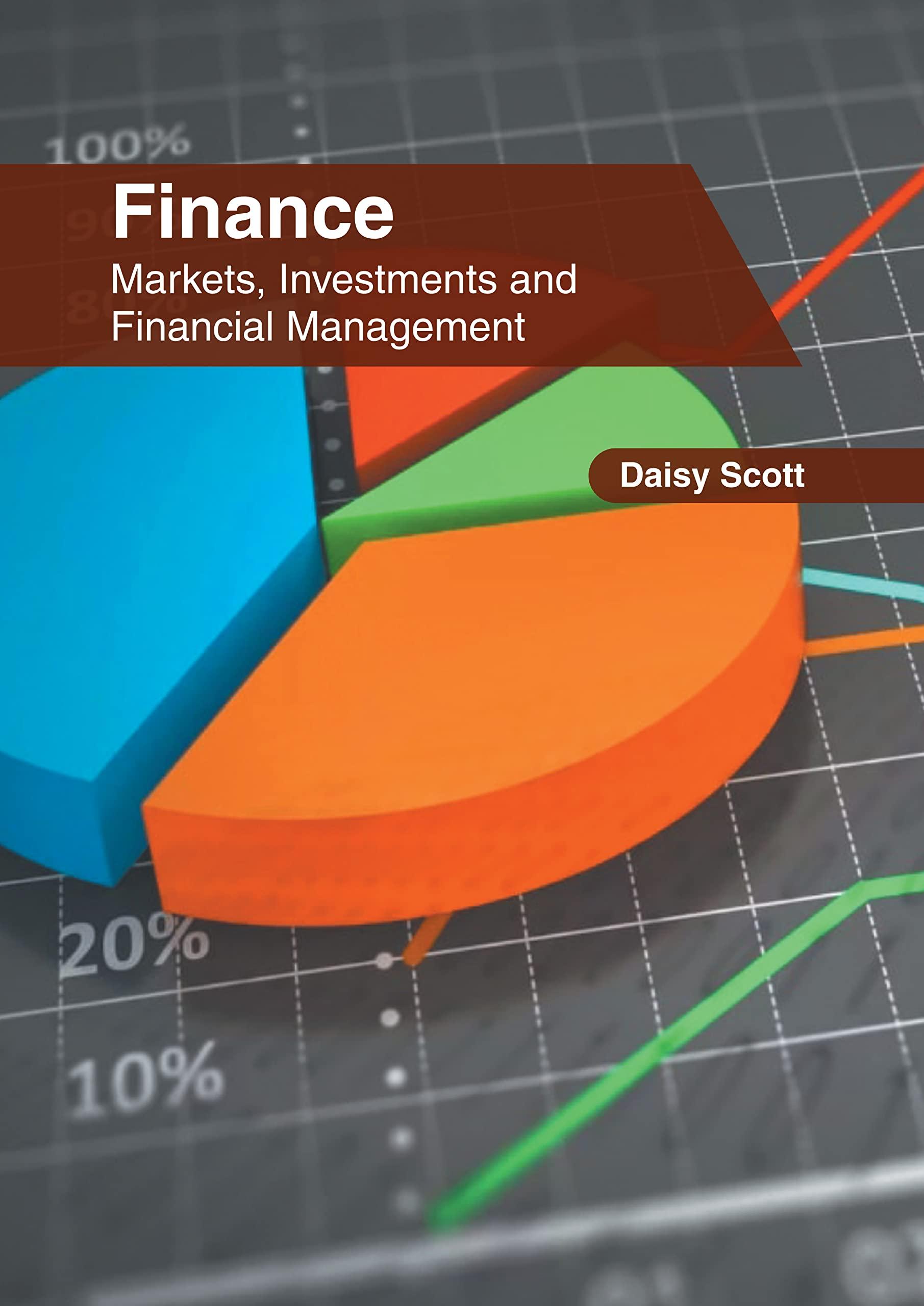Question
A) Derek plans to retire on his 65th birthday. However, he plans to work part-time until he turns 72.00. During these years of part-time work,
A) Derek plans to retire on his 65th birthday. However, he plans to work part-time until he turns 72.00. During these years of part-time work, he will neither make deposits to nor take withdrawals from his retirement account. Exactly one year after the day he turns 72.0 when he fully retires, he will wants to have $3,494,041.00 in his retirement account. He he will make contributions to his retirement account from his 26th birthday to his 65th birthday. To reach his goal, what must the contributions be? Assume a 4.00% interest rate.
B) Derek wants to withdraw $10,013.00 from his account 4.00 years from today and $13,048.00 from his account 15.00 years from today. He currently has $3,592.00 in the account. How much must he deposit each year for the next 15.0 years? Assume a 6.47% interest rate. His account must equal zero by year 15.0 but may be negative prior to that.
C) Derek can deposit $215.00 per month for the next 10 years into an account at Bank A. The first deposit will be made next month. Bank A pays 13.00% and compounds interest monthly. Derek can deposit $2,584.00 per year for the next 10 years into an account at Bank B. The first deposit will be made next year. Bank B compounds interest annually. What rate must Bank B pay for Derek to have the same amount in both accounts after 10 years?
Step by Step Solution
There are 3 Steps involved in it
Step: 1

Get Instant Access to Expert-Tailored Solutions
See step-by-step solutions with expert insights and AI powered tools for academic success
Step: 2

Step: 3

Ace Your Homework with AI
Get the answers you need in no time with our AI-driven, step-by-step assistance
Get Started


